The Star Trek Movie That Doesn’t Deserve The Hate
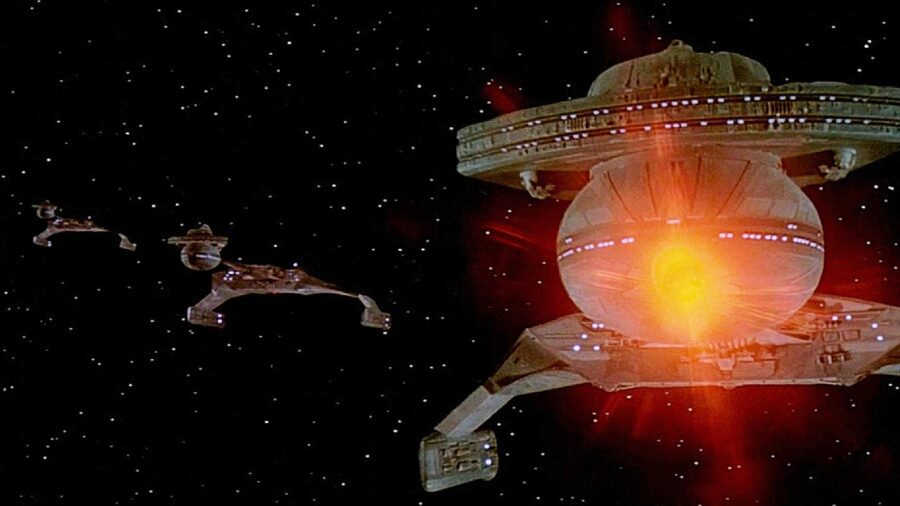
While there have been some stinkers along the way, the Star Trek film franchise has been mostly very successful, keeping the franchise alive even when new episodes were a distant memory. This success is somewhat ironic because the very first film received harsh criticism when it premiered, and many fans still consider it boring and disappointing. However, here’s a take so hot it may cause a warp core breach: Star Trek: The Motion Picture doesn’t deserve the hate and is a truly remarkable film in almost every way.
Not Quite The Same Kind Of Bad
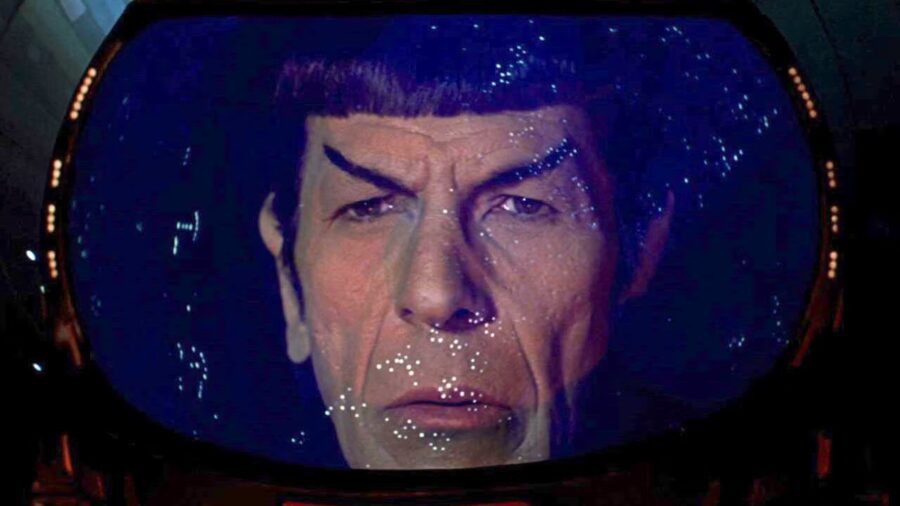
First, let’s address the elephant in the room: Star Trek: The Motion Picture isn’t thought of as a truly bad film the way that The Final Frontier or Nemesis are. However, even back in 1979, critics felt the film boring enough to receive the mean nickname “The Motionless Picture.” Plus, The Wrath of Khan was such a good sequel that it began the old fan joke that “only the even-numbered films are good,” and that’s a joke that has always made the first movie part of its punchline.
Character Growth
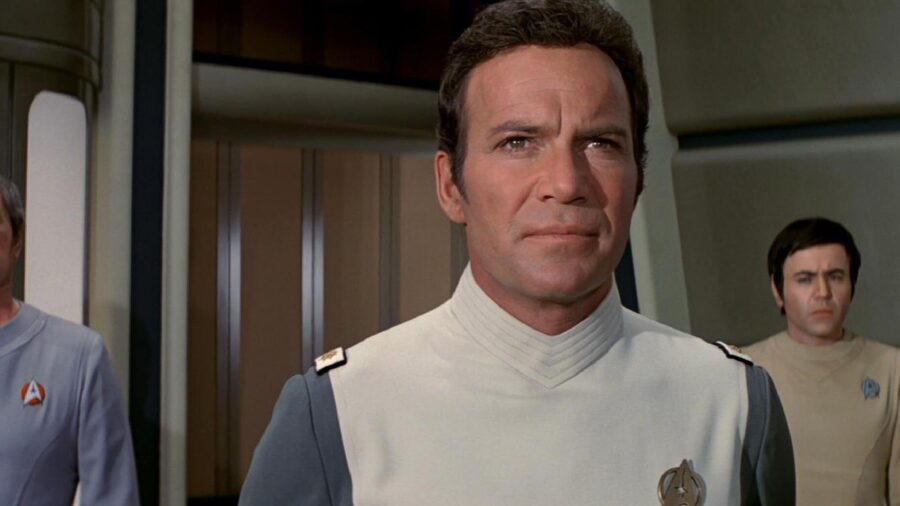
So, why do I think Star Trek: The Motion Picture doesn’t deserve all the hate (even the tepid hate) it gets? For starters, it’s a movie that fully understands its core trio of characters and showcases how each of them has grown since The Original Series.
Spock’s willingness to purge his body of all emotion, for example, feels perfectly in line with the conflicted half-human character of the original show. Meanwhile, it makes perfect sense that the fun-loving Dr. McCoy would retire from Starfleet and that only a new adventure involving his friend Kirk could get him back in sickbay where he belongs.
Decker And Kirk
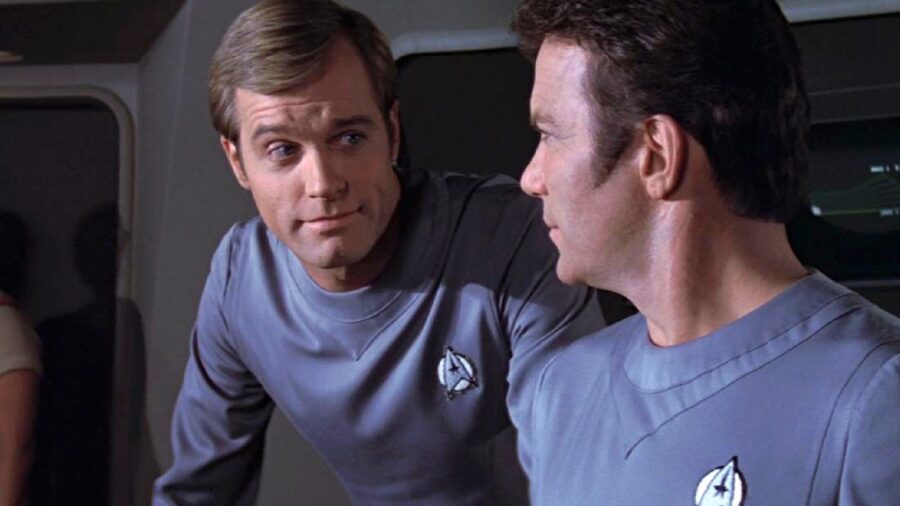
Speaking of Kirk, he gets the most fulfilling arc in Star Trek: The Motion Picture, beginning the movie as an admiral bored to death behind his desk. He takes back command of the Enterprise in time to save the Earth from a new threat, but the movie doesn’t shy away from the sobering fact that Kirk’s decision is motivated more by his midlife crisis than any sense of altruism.
By the end of the movie, he has learned much from the young captain whose job he took even as the film makes it clear why someone of Kirk’s experience should still be leading humanity’s exploration of the cosmos.
Spock’s Journey
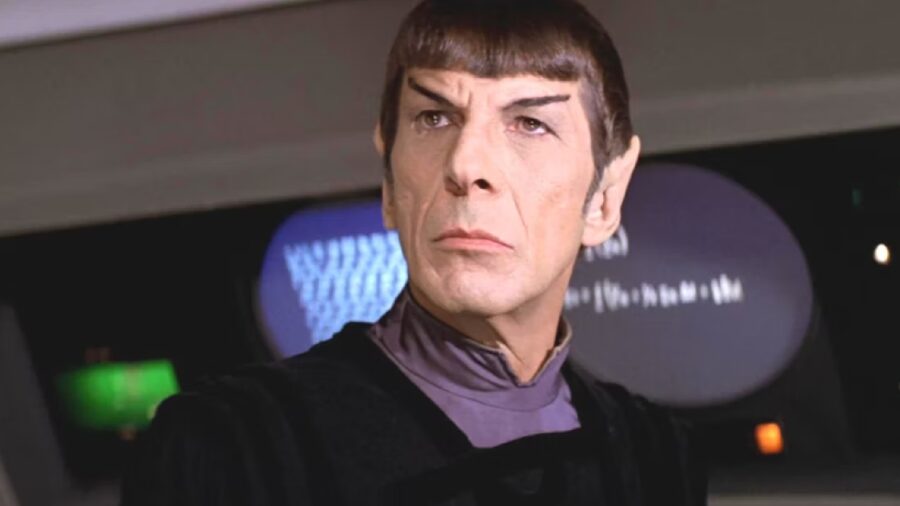
Dr. McCoy’s own arc could be stronger, but Spock’s is so good that it instantly elevates Star Trek: The Motion Picture. We see Spock go from trying to purge himself of all emotion to realizing how important feelings are when he mind melds with V’ger, learning that all perfect knowledge can do is make someone aware of more imperfections.
This revelation makes his decision to rejoin Starfleet understandable, and Spock learning the limits of logic in this movie is what leads him to later tell Valeris how “logic is the beginning of wisdom, not the end of it.”
More In The Spirit Of The Series
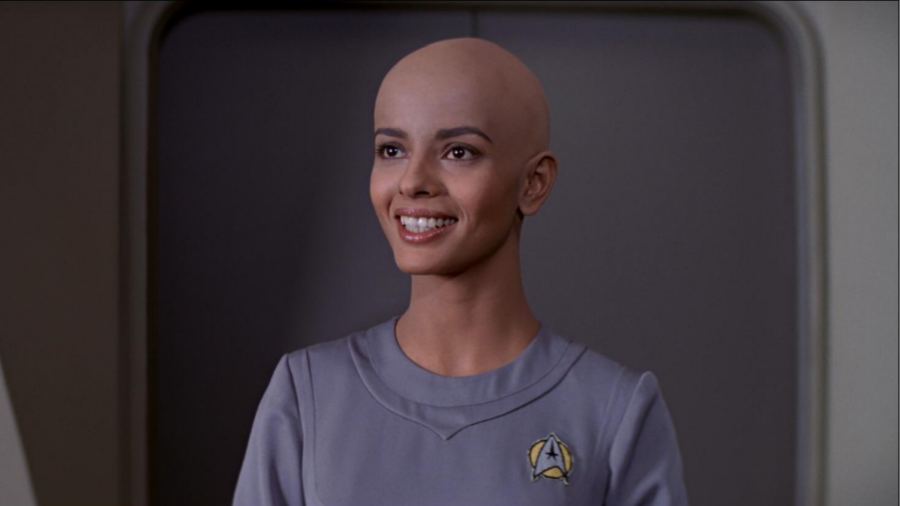
Aside from the great characterization in the film, Star Trek: The Motion Picture truly exemplifies the spirit of The Original Series with its focus on exploration and understanding. Real talk: many fans mostly think this movie is “boring” just because it doesn’t have the exciting space combat of The Wrath of Khan.
But Gene Roddenberry created the franchise with lofty ideals that emphasized diplomacy and discovery over violence and victory, and a film where humanity negotiates peace and witnesses the creation of new life will always be truer to those ideals than blowing up a guy who never skips chest day.
That leads to my last and best point about why Star Trek: The Motion Picture doesn’t deserve all the hate it gets: there will never again be another film in the franchise that felt as much like The Original Series.
The movie feels like a big-budget episode where most of the money went to the visuals, and the result serves as an ambitious series finale to Kirk’s original adventures. These days, TOS isn’t for everyone (especially younger fans), but if you dig those vintage adventures, I highly recommend that you give The Motion Picture another chance.
Your human adventure, after all, is just beginning.












